Sin and Free Will: A matter of choice
Catholic blogger Historical Christian has posted excerpts from Russian Orthodox theologian Vladimir Lossky's fascinating take (Mystical Theology in the Eastern Church) on what St. Maximus the Confessor has to say on Sin and Free Will. It should also be noted that St. Maximus the Confessor was an important bridge between East and West, who is also the subject of a major study by the Catholic theologian Urs Van Balthasar. As Church Catholic it is important to recognize that the Church is Universal and thus both Western and Eastern in scope.
According to St. Maximus, this freedom of choice is already a sign of imperfection, a limitation of our true freedom. A perfect nature has no need of choice, for it knows naturally what is good. Its freedom is based on this knowledge. Our free choice indicates the imperfection of fallen human nature, the loss of the divine likeness. Our nature being over-clouded by sin no longer knows its true good, and usually turns to what is ‘against nature’; and so the human person is always faced with the necessity of choice; it goes forward gropingly. This hesitation in our ascent towards the good, we call ‘free will’. (p. 125)
The person called to union with God, called to realize by grace the perfect assimilation of its nature to the divine nature, is bound to a mutilated nature, defaced by sin and torn apart by conflicting desires. It knows and wills by means of this imperfect nature, and is in practice blind and powerless. It can no longer choose well, and too often yields to the impulses of a nature which has become a slave to sin. So it is, that that in us which is made in the image of God is dragged into the abyss, though always retaining its freedom of choice, and the possibility of turning anew to God. (pp. 125- 126;)
Here Maximus expounds the fact that Free Will is a limiting factor in that we are fallen and cannot recognize what is Good out right. For if we knew what was good we would automatically do it. But we are ignorant and must rely on our own choices. However, many of us take advantage of such deficiencies to do merely what we will and not what we ought. Thus, it is no surprise that the word heresy derives from haerare meaning to choose. Many of us choose to live in darkness than walk in the light as evidenced by many utterances in St. John's gospel and Paul's epistles.
When St. Augustine says "Love and do what you will" he consideres the act of Love as a well ordered desire and a pull toward the Ultimate Good which is God. Thus through Divine Grace we will what is good. Good is love and if love is in us, namely the Holy Spirit, then we will ultimately do what is good, illuminated by Grace. Herein lies the greatness of the Christian message where the depravity of a will ensnared by sin and thus blind to what is good can in the end choose to turn back to God. So while tied up in a way with Original Sin, Free Will also affords us the chance to confirm our will and essence towards God's.
Saints throughout the ages have been witnesses to this truth. May we not forget Our Blessed Mother whose fiat and cooperation in God's plan was instrumental in our salvation. Thus her title of co-Redemptrix. However, chief in her ability to do this is a precondition toward receiving God's grace and not the condition of "incurvatus", a turning away from God. Thus one realizes the need of the traditional concept of the Immaculate Conception in which the Holy Virgin is conceived without Original Sin. Only then can the concept of Irresistible grace expounded by Protestant Reformers and some Catholic theologians such as Fray Luis de León be properly understood. Here Irresistible grace only applies to Our Lady and the Human Nature of Christ derived from Her.

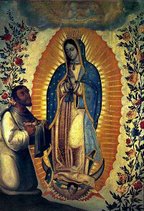
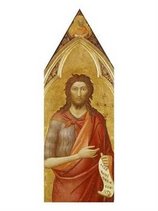


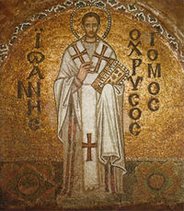
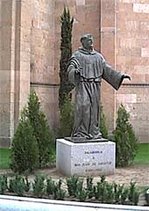

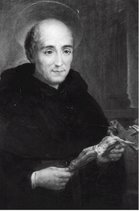
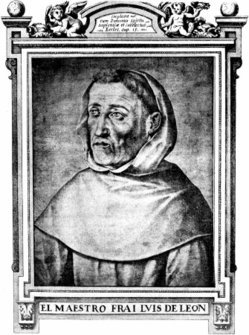
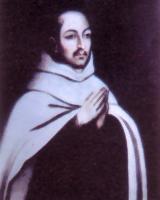


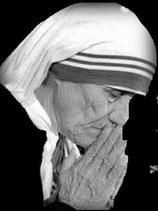
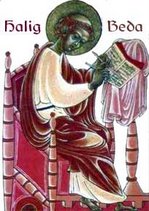
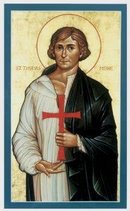
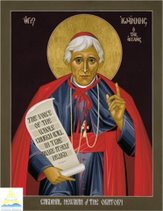




No comments:
Post a Comment